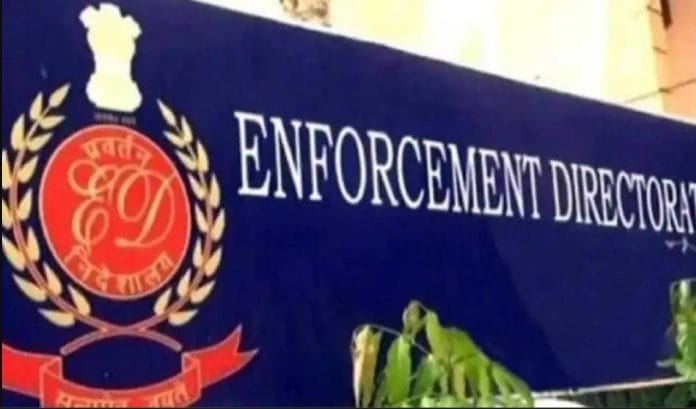Delhi chief minister Arvind Kejriwal has been arrested on Thursday by Enforcement Directorate after questioning him for two hours at his residence in New Delhi, India. He has been arrested in connection with the liquor policy case.
The arrest, the first of a sitting chief minister, came hours after the Delhi High Court refused to grant protection to the AAP national convenor from any coercive action by the agency.
ED’s action came hours after Delhi high court turned down Kejriwal’s plea seeking protection from any coercive action by the agency, which had issued nine summonses to him to face questions arising from their investigation into the excise policy case in which senior party leaders Manish Sisodia and Sanjay Singh, besides the CM’s close aide, Vijay Nair, and BRS MLC K Kavitha have been arrested.
The case arose out of a report submitted by Delhi Chief Secretary Naresh Kumar to Lieutenant Governor (LG) Vinai Kumar Saxena in July 2022, pointing to alleged procedural lapses in the formulation of the policy.
The report said “arbitrary and unilateral decisions” taken by then Delhi Deputy CM Manish Sisodia in his capacity as Excise Minister had resulted in “financial losses to the exchequer” estimated at more than Rs 580 crore.
It alleged that “kickbacks…received by the AAP Delhi government and AAP leaders” from owners and operators of alcohol businesses for preferential treatment such as discounts and extensions in licence fee, waiver on penalties and relief due to disruptions caused by the Covid-19 pandemic, etc. were used to “influence” the Assembly elections held in Punjab and Goa in early 2022. The AAP went on to form the government in Punjab.
The report was referred to the CBI, and led to Sisodia’s arrest. Then, once the CBI named Sisodia and 14 other accused in its FIR, including AAP communications in-charge Vijay Nair, the ED told a court in March that the alleged proceeds of crime amounted to more than Rs 292 crore, and that it was necessary to establish the modus operandi.
The ED alleged that the “scam” was to give the wholesale liquor business to private entities and fix a 12% margin, for a 6% kickback. In its first prosecution complaint in November 2021, the ED said the policy was “formulated with deliberate loopholes” that “promoted cartel formations through the back door” to benefit AAP leaders.
The ED also alleged that AAP leaders received kickbacks to the tune of Rs 100 crore from a group of individuals identified as the “South Group”, The Times of India reported.









